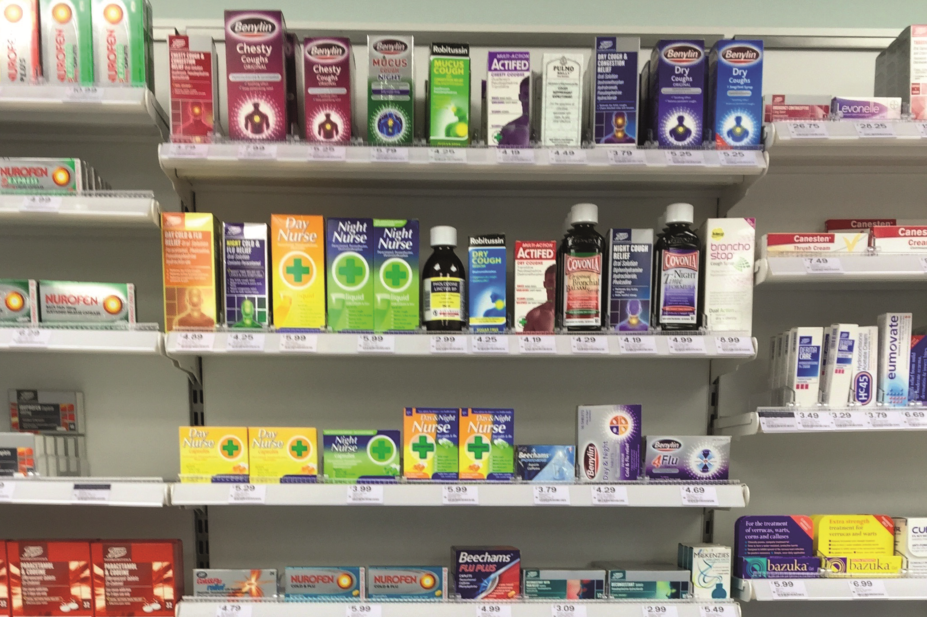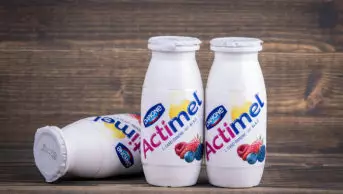
Shutterstock.com
Over-the-counter cough medicines and honey, not antibiotics, should be the first-line treatment for coughs, according to draft guidance from the National Institute for Health and Care Excellence (NICE) and Public Health England (PHE).
The draft guidance highlights that acute cough is usually self-limiting and will get better within three or four weeks without antibiotics. It recommends that healthcare professionals encourage patients to manage their symptoms with self-care and only seek medical help if symptoms worsen rapidly or do not improve after three or four weeks.
“Antibiotic resistance is a huge problem and we need to take action now to reduce antibiotic use,” said Susan Hopkins, healthcare-associated infection and antimicrobial resistance deputy director at PHE.
“Taking antibiotics when you don’t need them puts you and your family at risk of developing infections which, in turn, cannot be easily treated.
“These new guidelines will support GPs to reduce antibiotic prescriptions and we encourage patients to take their GP’s advice about self-care.”
As well as honey, the draft guidance recommends the use of the herbal remedy pelargonium, and cough medicines containing the expectorant guaifenesin and the antitussive dextromethorphan. But it said there was limited evidence for antihistamines, decongestants and cough medicines containing codeine, and no evidence for cough medicines containing pholcodine or simple linctus.
The guideline is part of a suite of antimicrobial prescribing guidance developed with PHE to help manage common infections and prevent antimicrobial resistance. NICE has also updated guidance on managing sinusitis, sore throat and otitis media.
The consultation for the draft guidance on antimicrobial prescribing for acute cough closes on 20 September 2018.
You may also be interested in

Pharmacists provide antibiotics only where clinically appropriate, minor ailments scheme data show

Probiotics should be considered when prescribing antibiotics, finds systematic review
